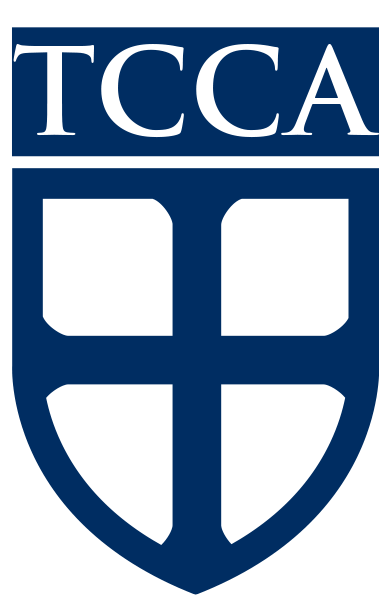The Classical Approach
Classical education has been around for hundreds of years, and has been the mode of educating many of the strongest minds in history, including Plato, Socrates, and even our own Founding Fathers. This model of education is designed to walk children through virtuous learning, while teaching them to grow through the stages of knowledge, understanding, and wisdom.
“Classical education emerges as a greater awareness of the moral imperative to others and the ability to create change and opportunity in the world—even when faced with resistance and obstacle” (Weeks, 2018).
There are several elements in the classical model which support children through their stages of growth:
1. Beginning in pre-kindergarten, students are taught to look through the lens of “Truth + Goodness = Beauty.” In other words, if something is scripturally true and good, it is then considered beautiful. Children are encouraged to decipher between God’s true beauty and the false beauty which the world celebrates today.
- All academic subjects, including music, art, and fine literature are examined through these scriptural principles.
- Students are taught to be virtuous by integrating virtues studies throughout all academic and behavioral focuses.
- Students are educated with a sense of community in mind and understand that they are part of a “bigger picture,” instead of just focusing on themselves.
2. The connections between subject areas are fully explored as opposed to the unsegmented practices currently used in today’s educational system. This fosters a better understanding of the “big picture” and how each child fits into that picture today.
- History is instructed in a timeline format, in chronological order during 4-year segments (1st-4th grades, 5th-8th grades, 9th– 12th grades). Each four-year segment builds and deepens a child’s knowledge, understanding, and wisdom.
- Science is presented during the historical time in which it was discovered and explored.
- Bible history and application is taught in conjunction with the historical timeline being studied.
- Art and Music are explored in relation to this historical timeline.
- Math is instructed through the spiraling of concepts.
3. Students are educated according to their natural developmental readiness, which builds throughout the years.
- Early (pre-kindergarten through elementary)- This is the Grammar/Knowledge Stage (memorizing through songs, rhymes, hand-motions, etc., training the brain for memory)
- Middle (middle school)- This is the Logic/Understanding Stage (arguing for the sake of thinking and composing clear thought, arguing “rightly”)
- Later (high school)- This is the Rhetoric/Wisdom Stage (creating new applications, becoming independent thinkers and communicators)
Our Mission
Family Church’s mission is to help families discover and pursue God’s design.
Over the past school year, our administration has evaluated our church’s mission statement as it relates to the direction of our school. After much prayer, research, and investigation, the leaders of TCCA/Family Church have determined that the implementation of the classical christian education model best supports this important mission.
If you have any questions about the classical model of education or if you would like to set up a time to tour our school, please contact Sandra at sboyd@pbchristianacademy.org or call 561-783-3050. We look forward to speaking with you soon!

